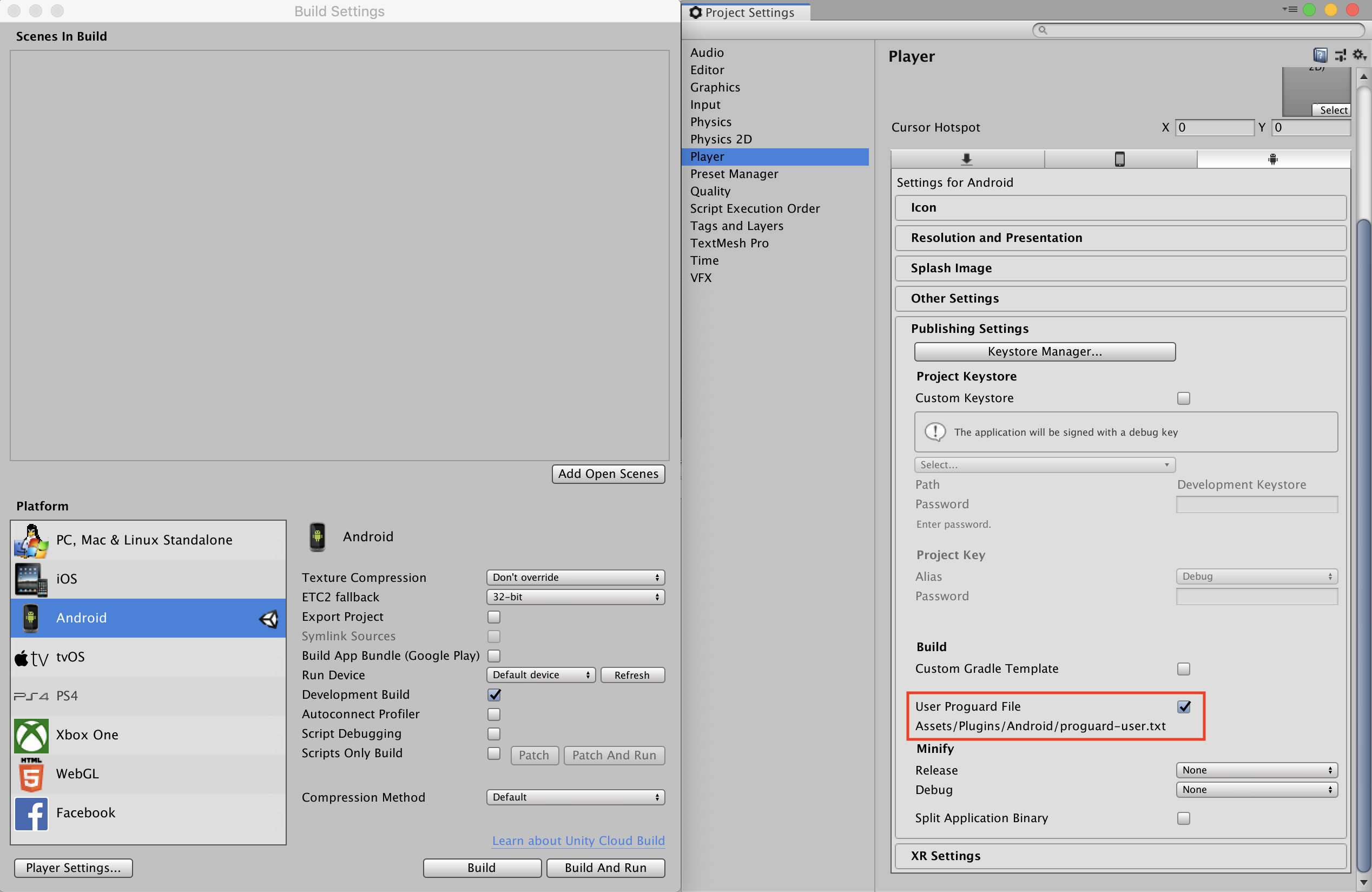

But to choose to not know it at all is not a great call. This is where this cycle of feedback comes back, and they can choose to ignore it. And I don’t know a successful artist anywhere that doesn’t care about what their player thinks.
Unity ironsource how to#
That model is baked into the philosophy of a lot of artforms and medium, and it’s one I am deeply respectful of I know their dedication and care.īut this industry divides people between those who still hold to that philosophy and those who massively embrace how to figure out what makes a successful product. It used to be the case that developers would throw their game over the wall to the publicist and sales force with literally no interaction beforehand. I’ve been in the gaming industry longer than most anybody – getting to the grey hair and all that. They’re also some of the biggest fucking idiots. It’s a very small portion of the gaming industry that works that way, and some of these people are my favourite people in the world to fight with – they’re the most beautiful and pure, brilliant people. Riccitiello: Ferrari and some of the other high-end car manufacturers still use clay and carving knives. Implementing monetisation earlier in the process and conversation is certainly an angle that has seen pushback from some developers. We’re really excited about creating a live engine – something that can provide critical feedback as early in the creation process as possible, and starting that conversation with potential users at that point. The second is the sheer quantity of mobile releases every month, in the tens of thousands.įrom the game creator perspective, the challenge is no longer do I have an interesting idea and more do I have an idea that can rise above the noise and find the right customers and players. Marc Whitten: It comes down to a couple of key aspects: the first is the massive success of game creation in general, particularly in mobile. What kind of developer feedback have you received that led to this direction? The announcement is centred around transforming Unity into a combined growth engine, with features such as embedding monetisation indicators. The challenge is no longer do I have an interesting idea and more do I have an idea that can rise above the noise and find the right customers and playersMarc Whitten This isn’t like the Weta situation where Peter Jackson thought, ‘here’s my company, I’m selling it on, I’m taking money away’. Riccitiello: ironSource became a part of us because they believe so strongly in the company and wanted to be a part of it.

Much like the rest of the games industry, Unity has embarked on some recent high-level acquisitions, such as Weta Digital, but this is specifically a merger.

The upcoming S4 filling will actually include a chronology of the conversations that took place.

John Riccitiello: Not all that long – we’ve known them for years, but our relationship with them is new, so we didn’t get into conversations about mergers until all that long ago. : How long have Unity and ironSource been discussing options for a merger? Riccitiello and Whitten spoke with on how the merger came to be, the firm's bullishness towards the future of the industry in spite of the looming recession, and why developers can no longer turn their noses at monetisation and feedback. It's also indicative of Unity's confidence towards mobile. The announcement of Unity and ironSource's upcoming merger was a considerable surprise to many, but to hear Unity Technologies CEO John Riccitiello and senior vice president and general manager of Unity Create, Marc Whitten, the partnership is the latest move in an industry that skyrocketed during the COVID pandemic and will continue to flourish.


 0 kommentar(er)
0 kommentar(er)
